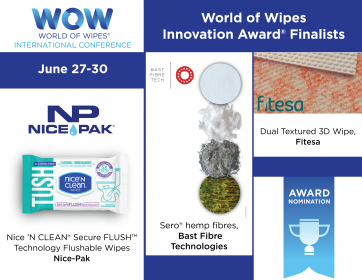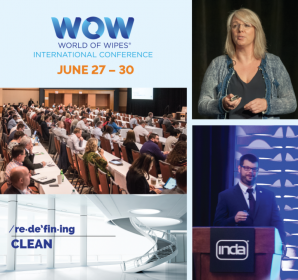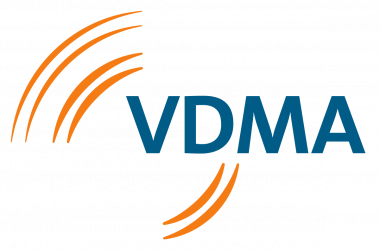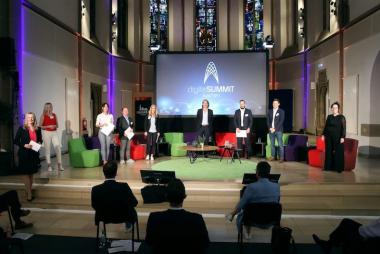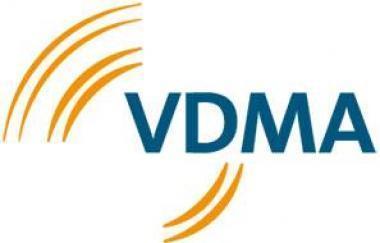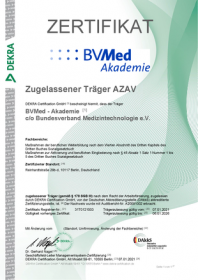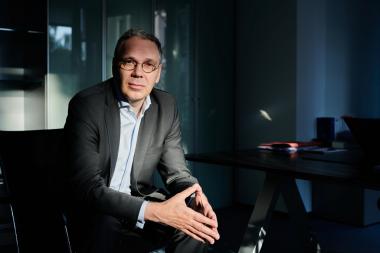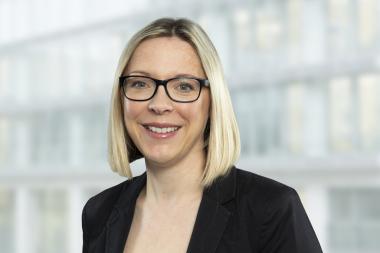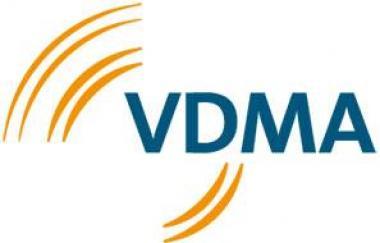INDA announces three finalists for the World of Wipes Innovation Award®
Sustainable products that solve problems are the themes for this year’s finalists for the World of Wipes Innovation Award® that will be presented at the 16th annual World of Wipes® International Conference, June 27-30, at the Marriott Marquis in Chicago, Illinois.
The three products vying for the award are an all-natural substitute for plastic fibers from Bast Fibre Technologies, a dual-textured 3D cleaning wipe from Fitesa and an environmentally safe flushable wipe from Nice-Pak.
INDA’s Technical Advisory Board selected the finalists from nearly 20 submissions based on their creativity, novelty, uniqueness, technical sophistication within the entire nonwovens wipes value chain and expansion of nonwovens use.
Kimberly-Clark Scott® 24-Hour Sanitizing Wipes was the recipient of the 2021 World of Wipes Innovation Award®.
This year’s in-person WOW International Conference is expected to draw 400-plus senior-level wipes professionals from all wipes segments, repeating last year’s strong live event that welcomed 475 wipes professionals from 14 countries to Atlanta, GA.
Finalists Announced
The three companies vying for the award (in alphabetical order) are:
- Bast Fibre Technologies – Sero® Hemp Fibers
- Fitesa – Dual Textured 3D Wipe
- Nice ’N CLEAN® SecureFLUSHTM Technology Flushable Wipes by Nice-Pak
WOW 2022 Conference Highlights
This year’s WOW conference sessions focus on: Circular & Sustainable Wipes, Supply Chain Challenges in Wipes, Nonwoven Substrates for More Sustainable Wipes, Trends in the Wipes Market and Among Consumers, Disinfection Concerns and New Technologies, Sustainable Wipe Packaging Trends, and Developments in Flushability Issues.
INDA


